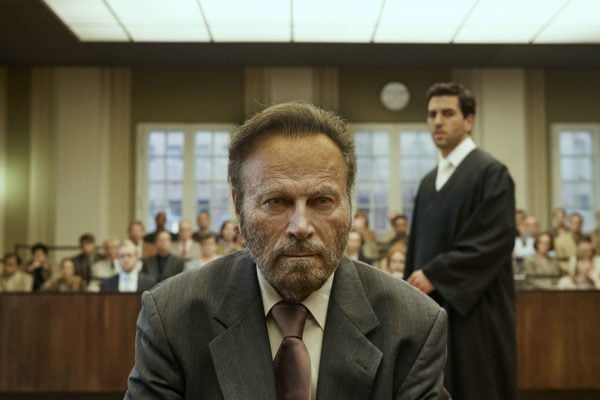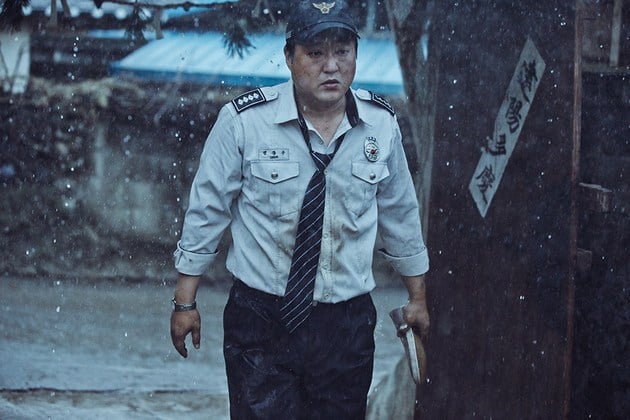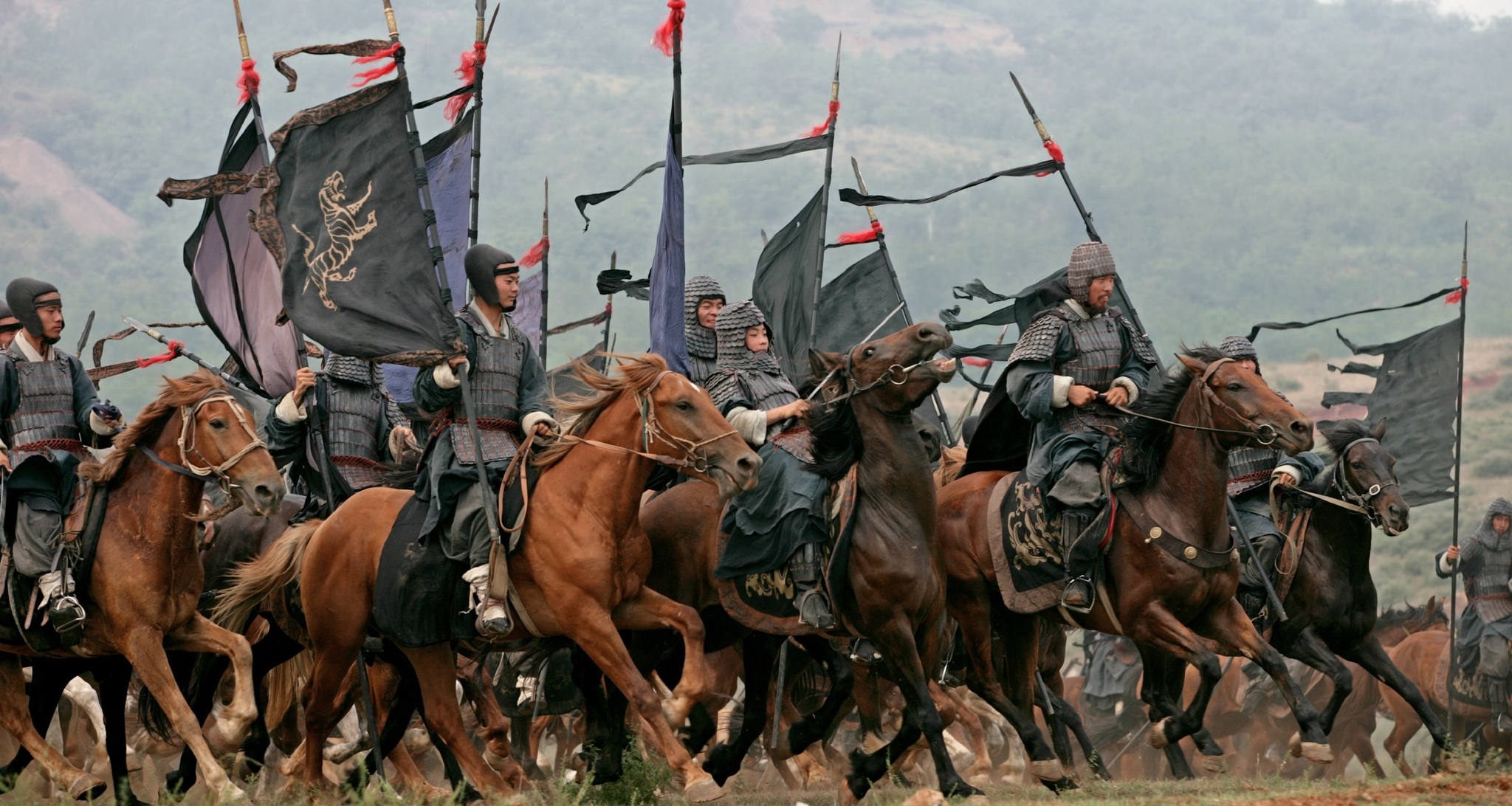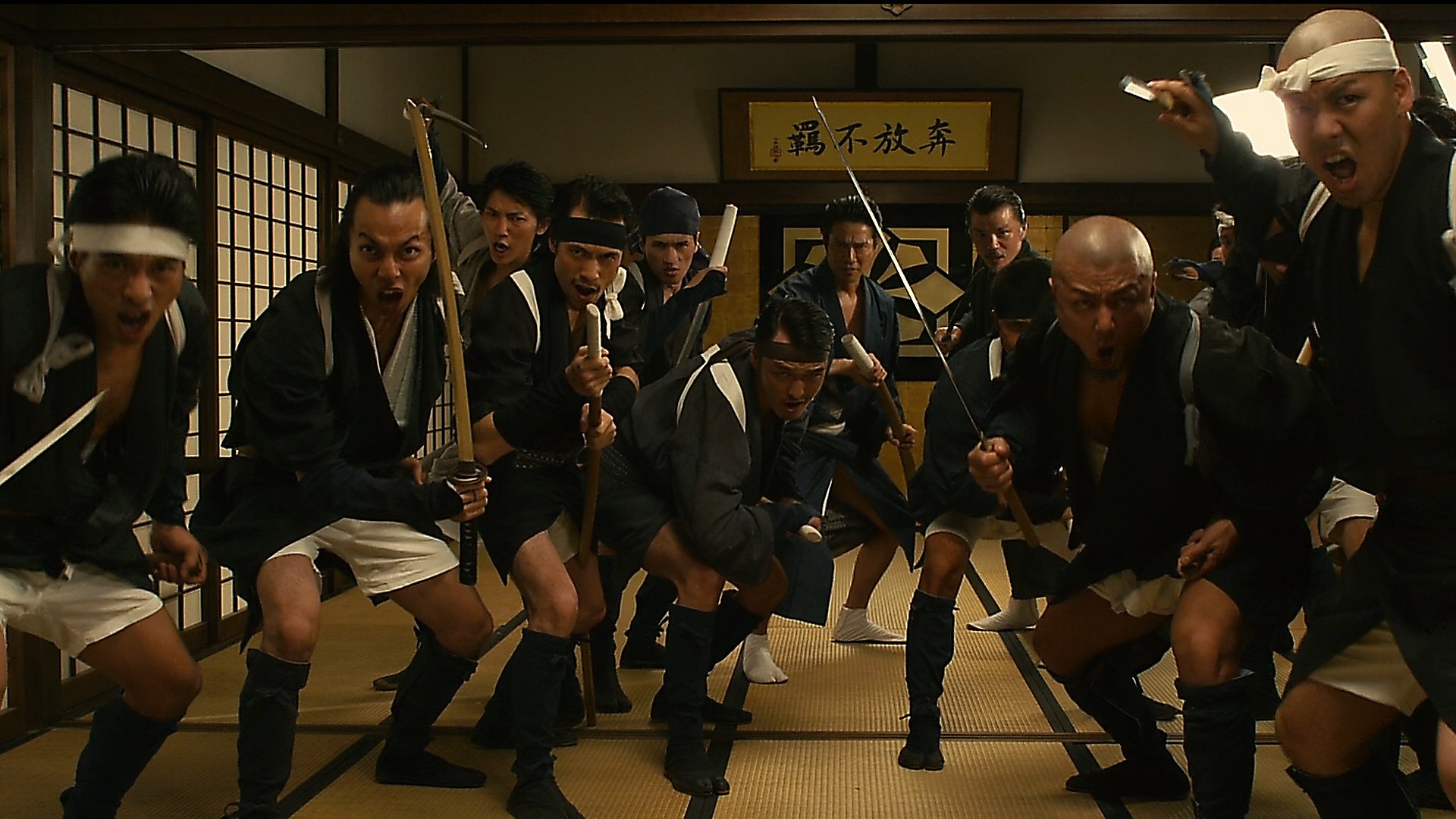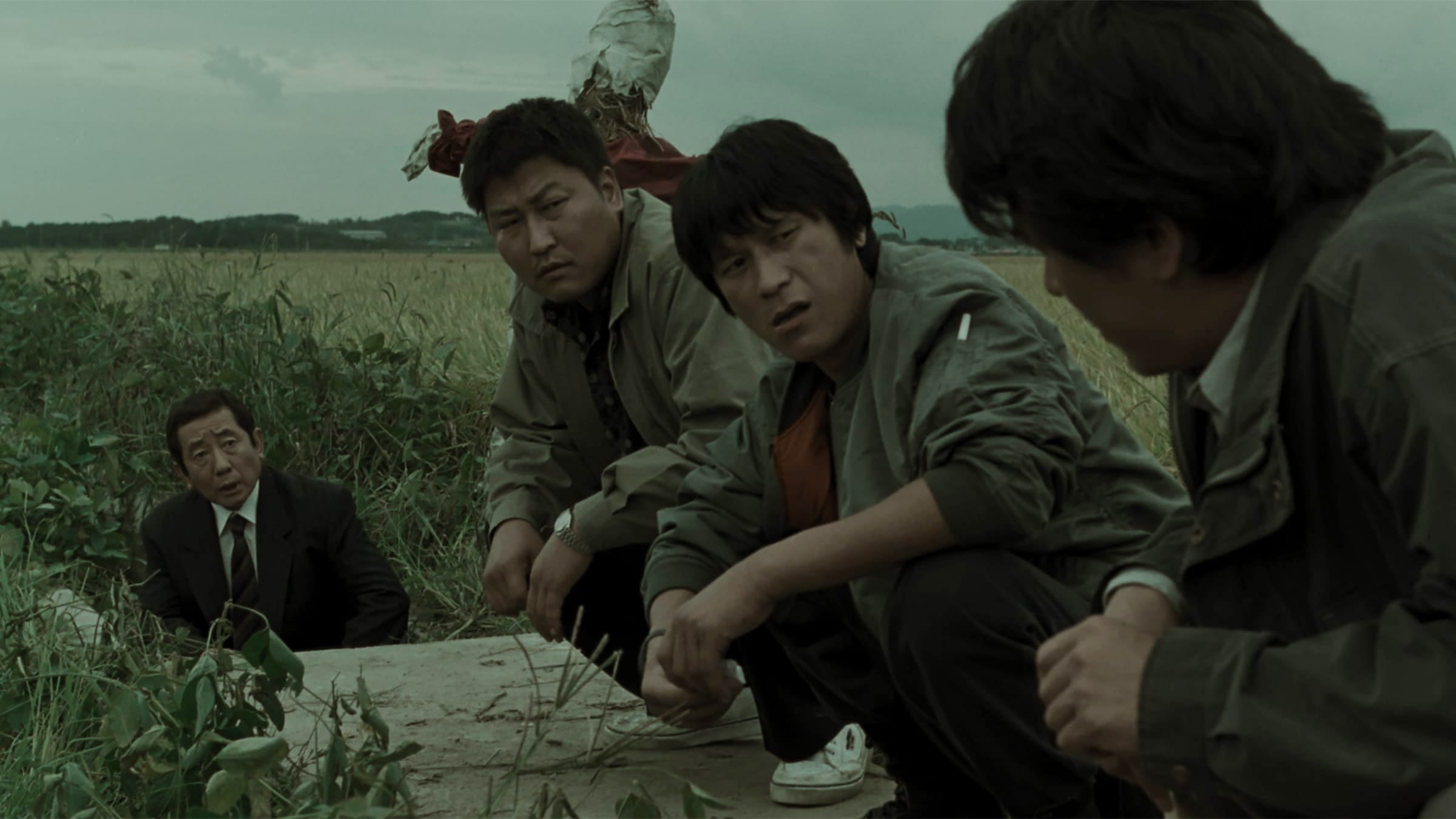20 Best Foreign Movies on Peacock Right Now
20 Best Foreign Movies on Peacock Right Now
April 18, 2025
Share:
It won’t be a surprise to hear that Peacock is home to plenty of American films and shows. It’s the streaming service of an American media conglomerate, it holds plenty of America’s late night shows and sitcoms, and its parent company Comcast also owns notable film companies like Dreamworks, Focus Features, and Universal Pictures.
That being said, viewers might be surprised that the streamer actually has some underrated films coming from around the world. These hidden gems might not come up top with the algorithm, but we’ve listed the ones that are worth a watch, all the same.
Read also:
11. The Collini Case (2019)
Genres
Director
Actors
Moods
A young lawyer has to defend a murderer after passing the bar only three months prior in this satisfying German drama. To make matters worse, the victim happens to be his mentor, a wealthy and seemingly kind-hearted business man. As for the perpetrator, he refuses to say a single word. Caspar, the lawyer, is from a German-Turkish background, which is a hint to where the complexity of this legal drama lies: in Germany’s history and racial legacy. The Collini Case is satisfying to a fault, but if you’re looking for substance-filled entertainment, this is some of the best you’ll get.
12. Baraka (1992)
Genres
Director
Actors
Moods
Slow, contemplative, but captivating, Baraka uses no narration, dialogue, or text to connect its images. The documentary stitches together shots with different subjects from different locations around the world. At first, it seems very peaceful—gorgeous, high-definition shots of nature paired with a soothing, resonant score that lulls you into hypnosis—but as the film progresses, director and cinematographer Ron Fricke presents more scenes with people, from the cities to the countryside, to places rarely documented on film. Depending on how you look at it, Baraka will either feel like just a compilation of screensavers or a profound meditation on how intrinsically connected everything is. It’s totally breathtaking either way.
13. The Wailing (2016)
Genres
Director
Actors
Moods
In rural Korea a policeman starts to investigate peculiar and violent events that most of the people in his village attribute to the arrival of a new Japanese resident. As the occurrences keep multiplying, and different perspectives in the film are shown, you start to lose touch with reality in the face of what can only be described as genius film-making. As critic Jada Yuan puts it, the film operates on a level “that makes most American cinema seem clunky and unimaginative”. For this reason, and while The Wailing is a true horror flick with a great premise, it’s also more than just that: it boosts a mind-boggling, interesting plot that will have you thinking about it long after the credits roll. Protip: grab the person next to you and make them watch this movie with you so you can have someone to discuss it with after!
14. Long Way North (2015)
Genres
Director
Actors
Moods
There isn’t a single moment of unnecessarily exaggerated emotion or comedy in this French-Danish animated film, which may keep its world very small compared to its peers, but it portrays everything with arguably more depth and beauty. Long Way North moves with a stately pace, giving it more dramatic heft and allowing us to take in all of the film’s painterly surfaces and soft silhouettes. But it’s not just the art style that sets the film apart; it also avoids what we expect from a traditional adventure, keeping the most important character beats private and internal. This may make the movie feel a little more distant than it should be, but the feeling that it leaves you with is undeniable—a sense that everything is connected, and those who are lost will always find a way home.
15. Breathe (2014)
Genres
Director
Actors
Moods
Mélanie Laurent both directed and wrote this, her fifth movie.
She offers an impressive display of deft film-making and honest, insightful storytelling. Charlie is a teenage high school student, there’s seemingly nothing unusual about her. When Sarah, a Nigerian girl, joins her school, they quickly form a transformative friendship.
Breathe sometimes veers to darkness, which helps to make its portrayal of the bond between two teenagers genuine, and unexpectedly fun.
18. Red Cliff (2008)
Genres
Director
Moods
While best known for his Western work, including directing the second Mission Impossible, John Woo made his start in China, returning more than a decade later to film this historical war epic. Based on the Battle of the Red Cliffs, the film may not be 100% factual, but Woo is clearly more at home here, taking his signature action choreography on a much larger scale. The production design, the costumes, the score, and the visuals are all dialled up to eleven, and the cast, including the iconic Tony Leung Chiu-wai, matches this intensity with stellar performances. Red Cliff is John Woo’s triumphant return back to his home country, taking his Hollywood experience to push Chinese cinema even further.
19. Why Don’t You Play in Hell? (2013)
Genres
Director
Actors
Moods
Sure, it takes a special type of crazy to try to make it in the movies, especially if you’ve been at it for ten years without any sort of premiere, but the strangely persistent four-man production of Why Don’t You Play in Hell? takes this to even crazier heights, involving a yakuza gang war and potentially their lives. Writer-director Sion Sono infuses his signature gore with much more playful comedy, slinging together chaotic action scenes through the pure power of cool, and the entire roster’s enthusiasm for cinema is just so infectious, it’s compelling to watch, even when the plotlines don’t fully mesh well. Why Don’t You Play in Hell? is such a fun tribute to gritty action filmmaking.
20. Memoir of a Murderer (2017)
Genres
Director
Actors
Moods
Not to be confused with a similarly titled Japanese film, Memoir of a Murderer is an intense mindbender of a thriller. Like a cross between Memento (2000) and Seven (1995), the film follows a serial killer with Alzheimer’s, who starts to question his memory when a series of killings occur in the small town he lives in. The non-linear narrative helps recreate the sense of disorientation and confusion the lead experiences, racketing up the suspense, and pushing the audience to keep guessing each time the film goes through each of its twists and turns. This unique storytelling was why it’s one of the many films that popularized South Korean thrillers, becoming the first film in the country to get two million tickets sold.
Read also:
Comments
Add a comment
Ready to cut the cord?
Here are the 12 cheapest Live TV streaming services for cord-cutting.
More lists
Lists on how to save money by cutting the cord.
Curated by humans, not algorithms.
© 2025 A Good Movie to Watch. Altona Studio, LLC, all rights reserved.
